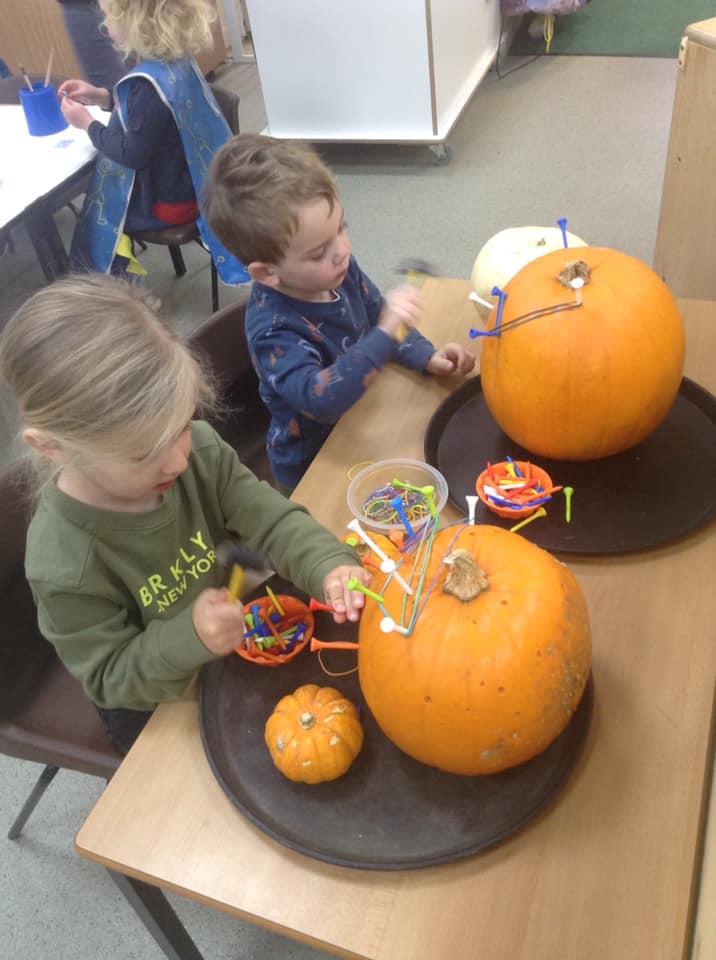Early Years Foundation Stage
The Early Years Foundation Stage Educational Programme has seven areas of learning and development. Each learning area has early learning goals. These set out the skills, understanding, knowledge and attitudes which it is hoped children will reach or exceed by the end of the Early Years Foundation Stage. Children will be at different stages of progress towards these goals depending on their age and stage of development. The Practice Guidance describes typical development from birth to 5 years of age in each of these areas. Of course children are individual and not all will fit into this typical pattern of progress. Staff understand this and take this into account when planning activities and experiences.

Prime areas
- Personal, social and emotional development
- Communication, language and literacy
- Physical development.
Specific areas:
- Literacy
- Mathematics
- Understanding of the world
- Expressive art and design
These early learning goals summarise the knowledge, skills and understanding that we expect your child to have gained by the end of their reception year.
Planning
Staff plan very carefully for both the everyday class work and the theme work that we undertake on topics such as: Winter, Trees and Wood, Growing Things, etc. Information about the term's topic is shared with parents, as part of our drive to work in partnership with parents. We also plan for individual learning. Our aims in all areas of the curriculum work towards the Early Learning Goals.
Characteristics of Effective Learning
Playing and exploring - Children explore, investigate and experience things, finding things out, playing with what they know, and 'have a go'.
Active learning - Children are involved, concentrate and keep on trying if they encounter difficulties, and enjoy achievements.
Creating and thinking critically - Children have and develop their own ideas, make links between ideas, choose ways to do things, and develop strategies for doing things.
